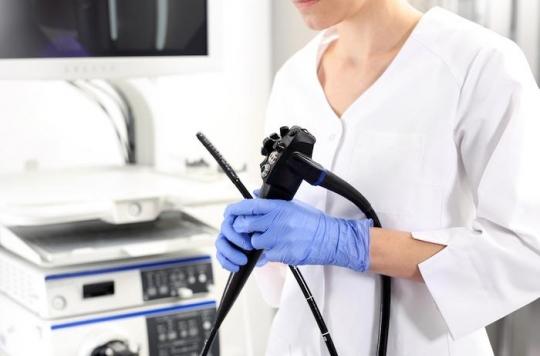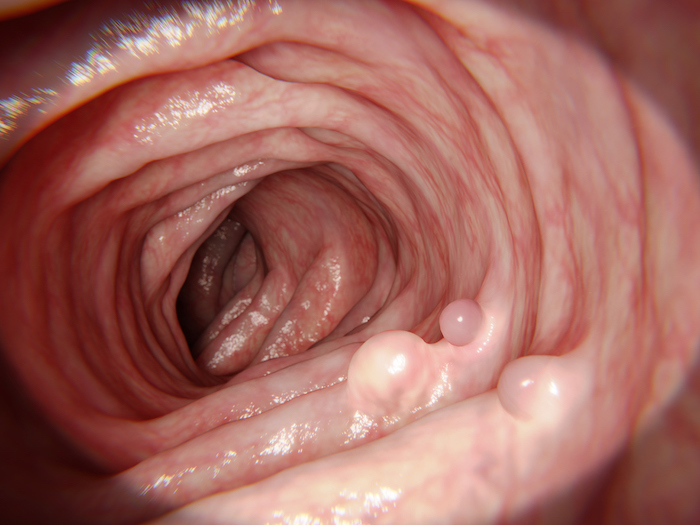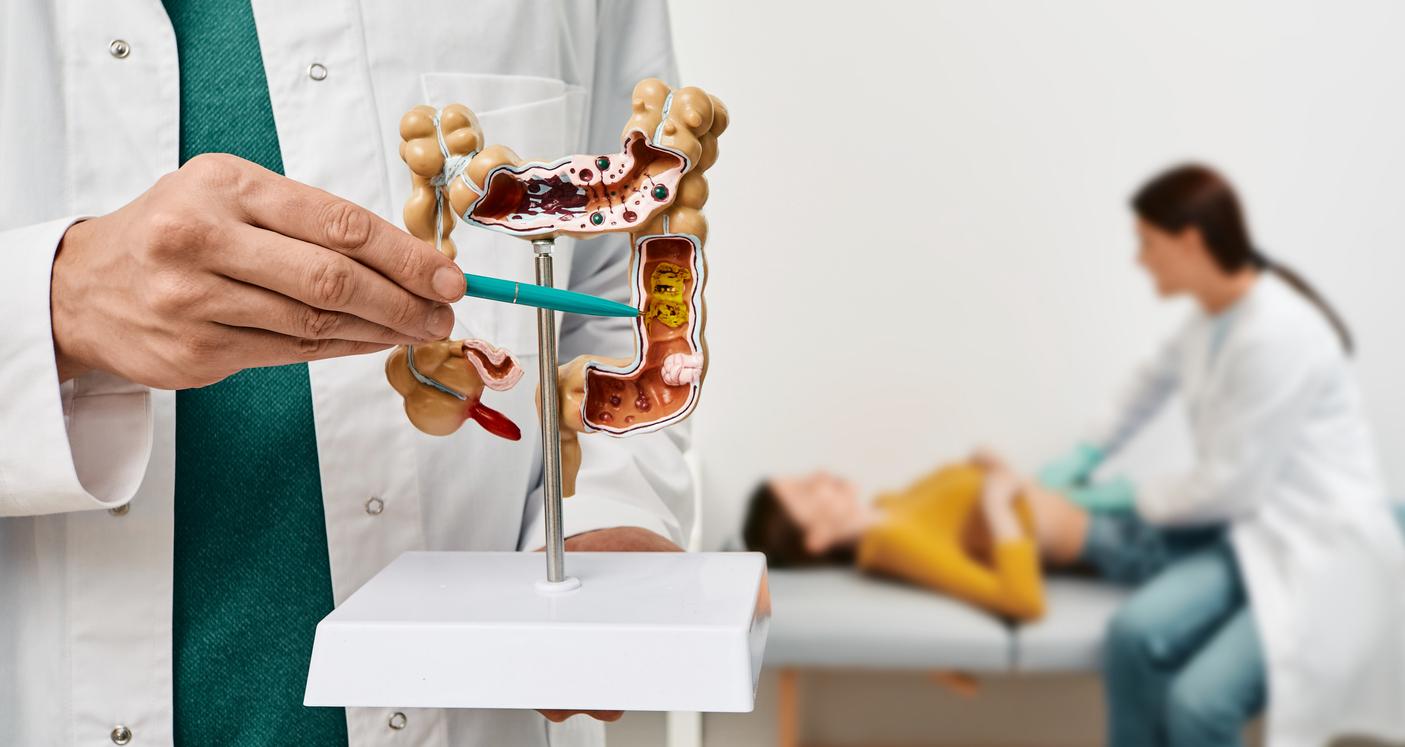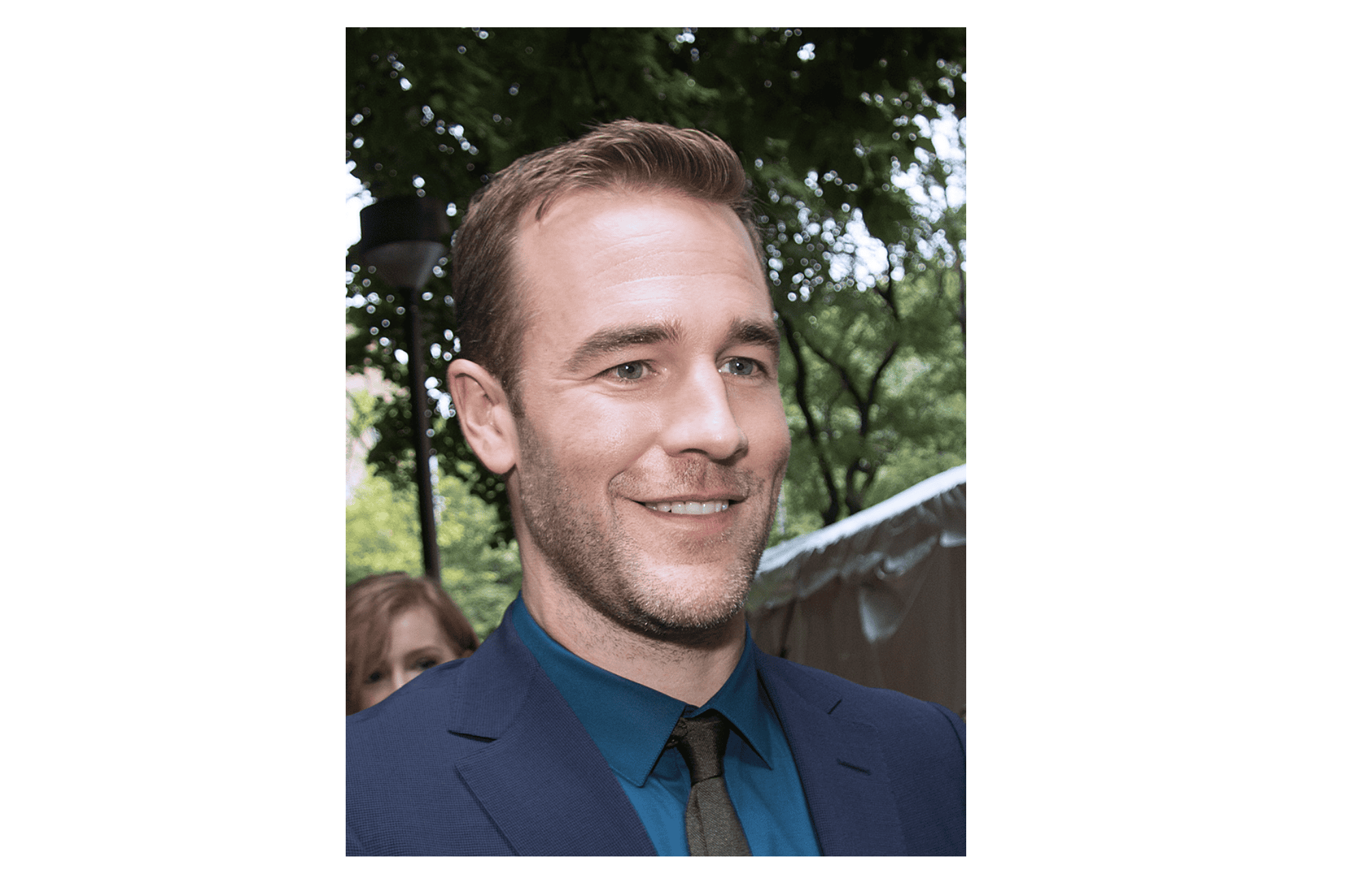Every two years, people aged 50 to 74 are invited by mail to be screened for colorectal cancer. If the test is positive, doctors then recommend a colonoscopy. How is it going? What do I need to know?

Each year in France, 43,000 new cases of colorectal cancer are diagnosed. According to Public Health France, it is the second deadliest cancer with nearly 17,500 deaths per year, but if it is detected early, it is cured in 9 out of 10 cases. Health authorities estimate that four out of a hundred men and three in 100 women will develop colorectal cancer in their lifetime, before the age of 75. In fact, theat colonoscopy, an examination performed as part of colon cancer screening is commonly performed in France.
Carried out by a gastroenterologist, for people with a positive test result from the national organized screening program, colonoscopy can highlight any abnormalities of the colon or rectum. In almost half of the cases, it does not detect any anomalies. In about 30% of cases, it detects a polyp or adenoma and in 8% of cases, cancer.

Photo of polyps in the digestive tract (Photo credit: selvanegra / iStock)
When to have a colonoscopy?
Every two years, a letter invites women and men aged 50 to 74 to get tested, either 18 million people. Since April 2015, the national screening program organized has been based on the immunological test. “This test is simple, efficient, quick to do and painless. It must be carried out at home and paid for at 100% without advance costs,” explains Public Health France in an information note.
This test consists of a stool sample and is performed by 80,000 to 85,000 people each week. “The fact of doing it all at once is perfect, there is no reason not to do it”, testifies Suzy, 63, Lower Normandy. If the results of this test are positive, the doctor then orders a colonoscopy. This examination makes it possible to biopsy (taking a piece of tissue to study under a microscope) any lesions of the colon, or sometimes to remove them. In some cases, a bowel X-ray will supplement the examination. To perform a colonoscopy, you must be fasting, that is, not having eaten, drunk or smoked, because your colon must be clean. The doctor will also ask you to ingest an intestinal washing liquid before the examination in order to empty your intestines.
How is a colonoscopy performed?
Colonoscopy is often performed under general anesthesia. Doctors insert a flexible device called an endoscope into the anus while the blown air is used to smooth out the walls. Exploration sometimes results in withdrawals. Doctors can therefore extend your hospital stay, the time to analyze the samples or keep you under surveillance in the event of complications.
While colonoscopy is a routine examination, there is a risk of complications, as with any medical procedure. According to public health France, “it can cause moderate to severe complications for 1 to 4.5 ‰ of colonoscopies, including hemorrhages (for 1 to 3 ‰ of procedures) and intestinal perforations (for 0.5 to 1 ‰ of procedures) Deaths from complications occur in one in 10,000 to 18,000 colonoscopies “.

.















